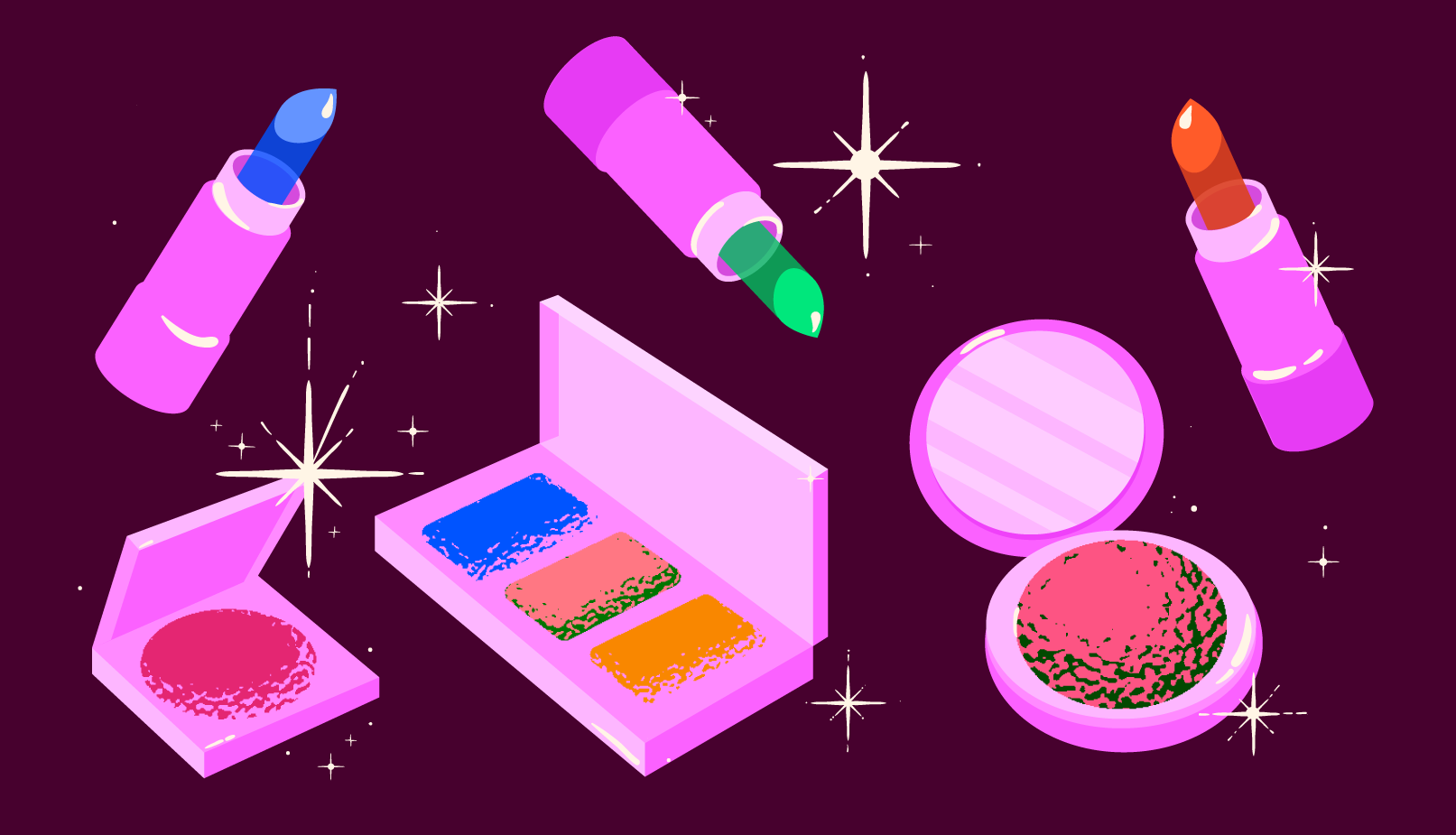Hear me out, if a beauty product works well, I will be the first person to come to its defense and encourage others to buy it.
That being said, one thing I simply cannot stand behind is the manipulation of consumers coming from celebrity beauty brands.
Selena Gomez recently announced that she is launching her own brand called Rare Beauty, following in the steps of Kylie Jenner, Rihanna, Lady Gaga, Mille Bobby Brown and several other celebrities who own a beauty brand. I can’t blame her, the highly profitable beauty industry is booming.
According to Vogue, the $532 billion global industry has become so saturated that we, as consumers, are completely overwhelmed by our choice. Including celebrity makeup brands in the mix makes it even more impossible to buy products that we believe will work for us.
Let’s go back to November 2015, when Kylie Jenner launched her beauty brand, Kylie Cosmetics, which at the time consisted of three shades of liquid lipstick. The three shades sold out in mere seconds and created huge waves in the makeup world. This launch sent out a message to many celebrities that a large following paired with three simple beauty products can send their fans into a spending frenzy.
According to Criteo, beauty kits and skin care have the highest online penetration compared to any other products available online. Emarketer called the US retail commerce of health, personal care and beauty products the second-fastest growing category among those they track.
Once celebrities began to realize that there was an unbelievable amount of profit to be made in e-commerce and product development, plenty of other celebs have and will continue to jump on this bandwagon. Countless celebrity cosmetic brands have emerged and have been putting their fan base back a few bucks.
Loyalty to a celebrity or idol should not translate into buying their products. These brands aren’t targeting everyday consumers who shop at the drugstore or perhaps Sephora for their beauty products. Their exploitative marketing strategy relies on hype and the loyalty of their fanbase to result in sales.
However, this exploitation is not necessarily new to us. Celebs have been collaborating with cosmetic companies to create fragrances and become the face of a brand for years now—the reason being that it works. People buy products that are associated with celebrities, regardless of how involved they were in its creation.
As I mentioned, if a product works and is something the cosmetic industry has never seen before, I will support it. What made Kylie’s launch so successful is that she was one of the first to harness the hype surrounding her infamous pout and launch an e-commerce brand. I must admit, this was a brilliant business move.
Another celebrity makeup brand that did it right was Fenty Beauty, by Rihanna. The singer and businesswoman launched a 40 shade foundation line, which no other brand has ever done. The diversity and inclusivity that is engrained in her brand created a niche and a need for her products. Many people who were unable to wear foundation found their shade because of Fenty Beauty.
The truth is that celebrity cosmetic brands typically don’t bring anything new to the table. They can get away with creating a similar version of a product that is already on the market and trust that their followers will buy it.
At this point, if a brand isn’t establishing their own niche in the industry by launching a unique product, I have every reason to believe that they simply want your money.
Graphic by @sundaeghost




